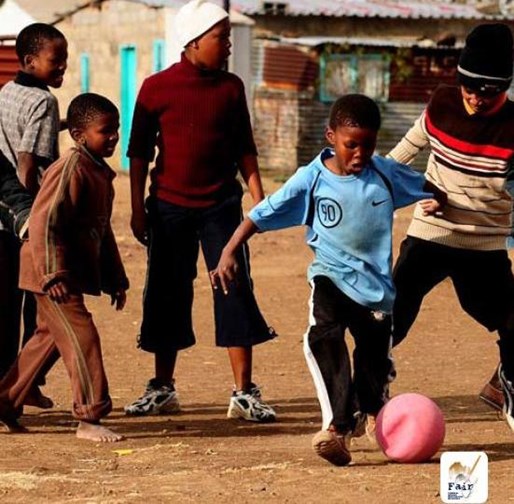Corruption kills soccer development in Africa

05.10.2010
By Katja HøiriisA new report titled “Killing Soccer in Africa” investigates soccer management in eight African countries and argues that Africa’s generally poor performance in world soccer should come as no surprise, as the administrators tasked with developing the game are more focussed on personal gain than on the prosperity of soccer and the development of the national leagues.
The motivation behind the report is to finish the work started by Cameroonian journalist, Phillippe Boney, who was severely beaten after he began probing into the financial affairs of CAF president Issa Hayatou. FAIR therefore decided to carry out a transnational investigation into African soccer administration, making the point that ‘you can stop a journalist, but you cannot kill the story’.
Bribery, ‘missing’ funds, improper spending, and other examples of corruption and general mismanagement of the national soccer associations in Cameroon, Ghana, Ivory Coast, Kenya, Nigeria, South Africa, Zambia and Zimbabwe are unearthed and exposed in the report, which paints a troubled picture of soccer development in Africa.
FIFA protects corrupt African soccer managers
But the African soccer administrators are not the only culprits. The report also states that efforts to clean out corruption in the national soccer associations is made even more difficult by FIFA, which has stepped in and put a stop to it every time an African country has tried to address these problems and threatened to ban countries for government interference.
One recent example of this is Nigerian President Jonathan Goodluck, who suspended the country from international tournaments after their poor performance at the 2010 World Cup in an effort to clean out corruption in the Nigerian Football Federation (NFF). This was thwarted by FIFA who gave Nigeria three days to change its decision or face a ban from the soccer governing body.
New developments have occurred as FIFA on Monday 5 October, announced a ban on Nigeria following court actions against elected members of the NFF and the stepping down of the acting NFF General Secretary by request of the National Sports Commission. FIFA argued that this kind of interference meant that the NFF was unable to work properly.
Corruption is killing African soccer
The report concludes that African soccer will only achieve meaningful results when its administrators are held accountable for their wasteful and destructive management style. Whether and how this will happen remains to be seen. With this report, FAIR has exposed many hidden and corrupt activities taking place in the African soccer federations and through that helped shed light on these issues.
The report can be downloaded here
-
Eze .,
Lagos, Nigeria,
12.10.2010 09:29:
this is good. we are tired of FIFA manipulation and support for corruption. Africa sports admin are very corrupt, selfish and insensitive to the teeming spectators. Nigeria is a case study. Dr. Amos Adamu is STINKING of first class corruption.





